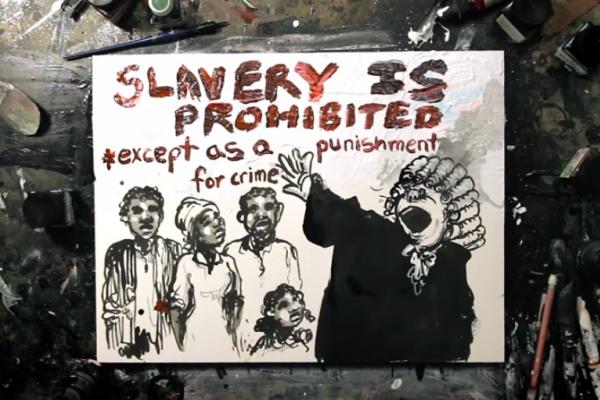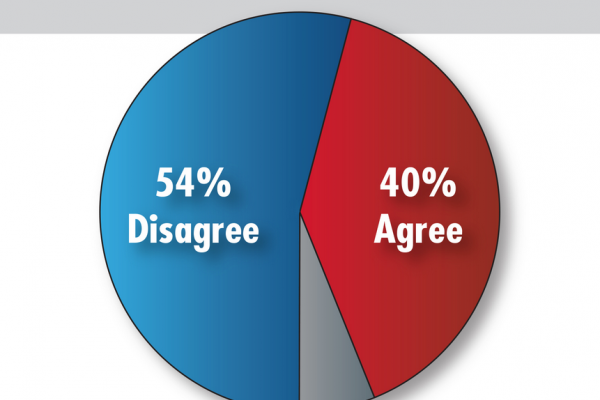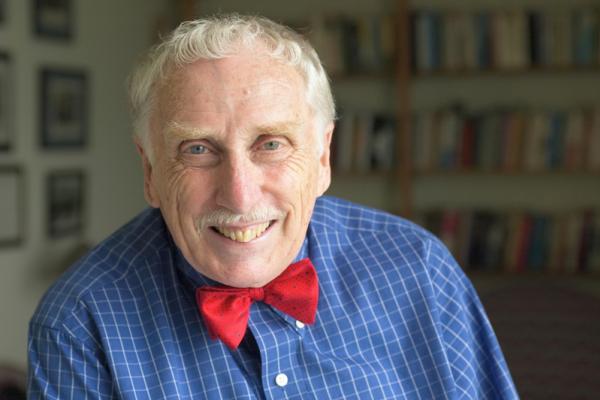It would be nice to consider emigration as a realistic option. But it is not. I would suggest pundits spend that same time and money fighting for a clear and concrete objective, declaring and defending a safe haven on the Nineveh Plain for Christians, Muslims, and Yazidis.
Yes, there are some high-risk situations that demand emigration. But, in general, Western Christians should think hard about how not to be an accomplice to ISIS.
A much-heralded Colorado effort credited with significantly reducing teen pregnancy and abortion rates is searching for new funding after GOP lawmakers declined to provide taxpayer dollars to keep it going.
Started in 2009 with an anonymous private grant, the state-run Colorado Family Planning Initiative gave free or reduced-price IUDs or implantable birth control to more than 30,000 women. During that period, births to teen mothers dropped by 40 percent and abortions dropped 35 percent, the state said. Armed with a national award for excellence, state health officials asked lawmakers this spring to provide $5 million to keep it going but were rebuffed.
I did not celebrate Independence Day this past weekend.
The truth is the United States has never been an independent nation. Built on stolen land by stolen labor, sacrificing Natives and Africans and their descendants to the mythology of “manifest destiny,” greed, oppression, and white supremacy, this has never been a nation of liberty and justice for all.
The ignoble myth of white supremacy that permeates the foundation of this country and underlies the policies and institutions that form the context of our lives has been rearing its ugly head so much lately that it cannot be as easily ignored or denied as it has been in the past. The recent massacre in Charleston and the burning of African-American churches add even more reasons to the hundreds of thousands to awaken to the reality of racism that undermines best ideals of this nation. Our country has failed to atone for, or even critically examine, its history of racial oppression.
As Jenna Barnett wrote yesterday in "The Devil We Know," the way Christians have thought about the devil has changed over time — and continues to change. The same is true of pop culture where a long fascination with depictions of the afterlife has led to some diverse and enduring depictions of Hell, demons, and even the devil himself. More recently, popular versions of demons and the devil have been particularly creative, from exploring Satan’s retirement to demented sock puppets. Here are just a few — six, to be precise — of the devils’s most loved (and hated) portrayals in books, movies, T.V., and beyond.
1. The Devil (Faust / Doctor Faustus)
One of literature’s most popular depictions of the devil, this version of the prince of darkness has gone on to inspire countless recreations in film, T.V., theater, and music. Beginning life as a German legend, then the subject of plays by Christopher Marlowe and Johann Wolfgang von Goethe, Doctor Faustus (or Faust) is the story of a scholar who sells his soul to the devil for the ability to practice magic. The devil as a shrewd dealer of desires can also be found in the music of Robert Johnson, stage productions like Damn Yankees, and T.V. shows like Supernatural, among countless other examples.
Appears in: Literature, Theater (Faust, Doctor Faustus)
A new video developed by artist Molly Crabapple and the Equal Justice Initiative shows exactly how slavery paved the way for our current system of mass incarceration.
In particular, the video highlights the horror of the domestic slave trade, tracing the development of an elaborate mythology of racial difference — a mythology that once perpetuated slavery and now sustains mass incarceration.
“In many former slave states, slavery did not end. It simply evolved,” says narrator Bryan Stevenson, who directs the Equal Justice Initiative.
Molly Crabapple, known for her artistic contributions to Occupy Wall Street, creates videos combining the fast-paced style of dry-erase animation with the intricate watercolors of an award-winning artist.
For white people who care about racism, it’s time we stop pointing the finger at others and start confessing our own sin.
Every white person I know denounces the blatant, tragic racism of Dylann Roof. They abhor that this sort of thing could possibly happen in 2015. They can’t believe there still exists people who are THAT racist, who would fly the Confederate flag, who could possibly say (x and y and z). They shudder and shake at such insanity.
Many white moderates and conservatives I know would express such a view.
And some of those white people are also quick to point out “structural racism.” Chastising the “lone wolf” fallacies of those who think Roof acted outside of a racist context, these folks stress the importance of systems. For them, racism isn’t simply perpetrated by extremist Southerners or a few power-hungry police officers. Rather, it’s sustained primarily in local and national policies. With their cultivated, educated, birds-eye view, these white people expose “white privilege.” They, ahem, get it.
This is the enlightened white liberal par excellence.
But both views enable an understanding of racism that exists outside our own selves. Racism doesn’t exist outside our own selves, white folks. It doesn’t simply exist in THAT guy. It’s not just a vague political force in policy. It exists in you. It exists in me. I am racist. I am a white supremacist. And if you're white and reading this, you probably are too.
Following the Fourth of July weekend, a recent Lifeway Research poll shows that most Americans believe that God has a special relationship with the United States.
Evangelical Christians are particularly likely to believe that God has a special relationship with the U.S. — with two-thirds agreeing with that statement — but it has a broad base of support, with even a third of those identifying as not religious agreeing with it.
"53 percent of Americans say they believe God and the nation have a special relationship, a concept stretching back to Pilgrim days. Even a third of atheists, agnostics, and those with no religious preference believe America has a special relationship with God," says the report.
This belief in a special relationship, often called American exceptionalism, has a long history, from ideas of Manifest Destiny (and whiteness) to calls for justice and a moral responsibility, as in Dr. Martin Luther King, Jr.’s "I Have a Dream" speech.
"Some Christians view America as an archetype of biblical Israel, chosen and uniquely blessed by God," Ed Stetzer, executive director of Lifeway Research, said.
And today, despite social, economic, and political crises regularly in the headlines, American optimism remains high — only 4 in 10 Americans think America’s best days are behind us.
Read the full report here.
I didn’t realize the promise I vowed to myself — to never to live out of step with my values, to always live with passion and bring life into the world — would be a tall order; an impossibly high standard that could turn into, “I need to do and experience everything as quickly as possible so that I don’t waste time.”
Over the past 10 years, this experience developed an impulse to “hurry up” and “do more.” I overextended myself in too many activities the next few years, developed an anxiety and depression disorder, and shamed myself for living in this anxious state when I “should” be living it joyfully to the full.
Through therapy and medication, I got much better, but was still lusting after experiencing everything. Time never seems to be on your side when you’re living like you might die tomorrow. Life never seems long enough when you act like it will stop at the same minute as your heart, forgetting about all I’ve been taught about life after death.
Transgender people, especially in the church, have a history of being an object of culture war fights, so humanizing personal struggle is important. This is especially true for Understanding Gender Dysphoria’s audience of evangelical seminarians. We should encourage anything such as this that improves pastoral care for sexual minorities within the evangelical church, especially for those of our friends who are not affirming.
Yet I don’t imagine Yarhouse will make many people happy in Understanding Gender Dysphoria — the LGBTQ activist, the secular counselor, and the evangelical pastor will all be uncomfortable at one time or another. He is at a tricky intersection between faith and psychiatry, but one where he needs to be to help conservative Christians attempt to negotiate difficult issues of identity.
I’m excited that the evangelical world is paying attention to these issues, but there is much more that needs to be done to determine what humane pastoral care looks like for people with gender dysphoria.
The Rev. James M. Dunn, a religious liberty advocate who worked the corridors of Washington power for two decades to defend the separation of church and state, died on July 4.
He was 83, and died of a heart attack at his Winston-Salem, N.C., home, said Cherilyn Crowe, spokeswoman for the Baptist Joint Committee for Religious Liberty.
After retiring from leading the committee in 1999, Dunn taught at Wake Forest University’s divinity school in Winston-Salem, serving as a professor of Christianity and public policy until 2014.









